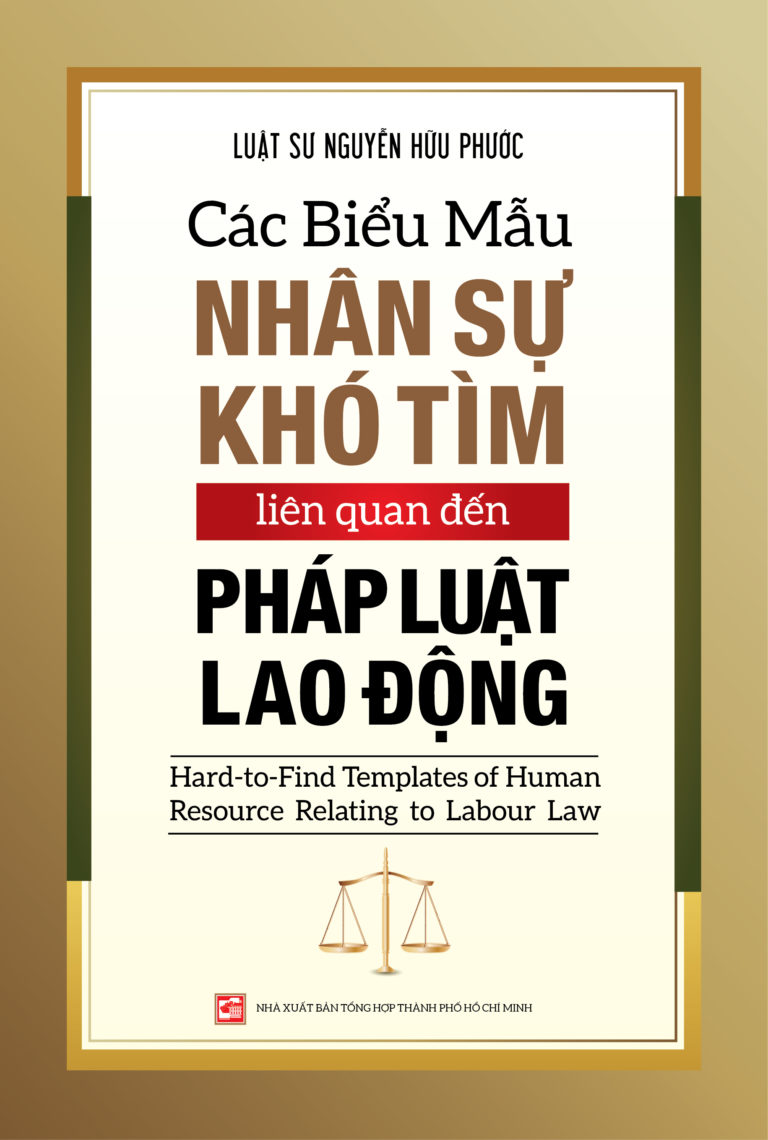10 Points To Note When Establishing A Foreign-Owned Company In Vietnam
Vietnam is becoming an attractive destination for foreign investors thanks to its strong economic growth and open-door policies encouraging investment. However, establishing a foreign-owned company in Vietnam is not a simple task and requires an understanding of the relevant legal regulations and administrative procedures. The article 10 Points To Note When Establishing A Foreign-Owned Company In Vietnam outlines key considerations that foreign investors should be aware of when setting up a foreign-invested enterprise in Vietnam.
-
Investment Field and Business Lines
Investors need to choose the appropriate investment field and business lines based on Vietnam’s market opening commitments, the demand for establishing a foreign-owned company in Vietnam, and their own investment capabilities. Investors should prioritise investment fields/business lines that Vietnam has clearly committed to in bilateral or multilateral international agreements or as stipulated by Vietnamese law. This helps investors avoid the risk of being rejected when registering investment field or business lines that have not yet been opened to the market. Choosing the right field/sec not only ensures compliance with legal regulations but also saves time and costs when carrying out the legal procedures for registering a foreign-invested enterprise in Vietnam.
-
Investors
According to investment laws, foreign investors engaging in investment activities in Vietnam can be individuals holding foreign nationality or enterprises established under foreign laws. For most common investment business lines, investment laws do not specify whether the investor must be an individual or an organisation, meaning investors can freely establish foreign-owned companies in these sectors without restriction. However, in certain cases related to conditional investment and business sectors, the investment legislation or international treaties of which Vietnam is a member may impose specific requirements regarding whether the investor is an individual or an entity, along with additional conditions for carrying out investment activities in Vietnam. Therefore, investors must thoroughly research international treaties as well as Vietnamese investment laws to determine whether the establishment of their foreign-invested company may be restricted by their investor status or if there are any other conditions that must be met.
-
Investment Capital Requirements
Investment capital includes two main types: equity capital and loan capital, with equity capital required to be at least 20% of the total investment capital. Currently, Vietnamese laws only stipulate the investment limits for projects establishing foreign-invested companies in certain specific fields, while other common business lines without specified investment limits only require investors to ensure the feasibility of the investment capital relative to the scope and scale of the project. To determine the appropriate amount of investment capital for a project, investors need to clearly identify the investment conditions for the project and have a detailed financial plan to ensure the project’s specifics, avoiding frequent adjustments to the Investment Registration Certificate due to underestimating or overestimating the registered capital relative to the project’s scale.
-
Capital Contribution and Charter Capital after Establishing a Foreign-Owned Company in Vietnam
Capital contribution and charter capital after establishing a foreign-owned company in Vietnam must be carried out within the timeframe recorded on the Investment Registration Certificate and according to Vietnamese law. The capital contribution period for investors is stipulated in the Law on Enterprise, requiring investors to contribute capital to the newly established company within 90 days from the date of issuance of the company’s Enterprise Registration Certificate.
-
Choosing Investment Location and Establishing the Company
When choosing an investment location and establishing a company, investors should select locations with clear and specific addresses. Foreign investors who lack extensive information about locations in Vietnam should choose locations that are permissible for lease and designed, constructed in accordance with legal regulations. When leasing premises for a business office, investors should ensure that the lessor possesses all necessary documents proving ownership and permission to lease or sublease the property.
-
Using the Company’s Seal
Foreign investors who have established foreign-invested companies in Vietnam have the right to decide on the form, content, and quantity of the company’s seals as stipulated in the company’s charter. Before using, changering, or cancelling the seal or changing the number of seals, the company must document this in writing and retain these documents at its headquarters for verification by the relevant authorities if necessary.
-
Labour Management
For a newly established company, labour management is one of the crucial issues the enterprise needs to address. Especially in cases where the company employs foreign workers, it is essential to complete procedures for obtaining visas, work permits, and other legal requirements for these employees according to Vietnamese law.
-
Legal Representative
According to enterprise laws, the legal representative of an enterprise is the individual representing the enterprise to exercise its rights and obligations arising from the enterprise’s transactions, representing the enterprise as the plaintiff, defendant, person with related rights and obligations before Arbitration, Courts, and other rights and obligations as stipulated by law.
Limited liability companies and joint-stock companies may have one or more legal representatives. However, the company must ensure that there is always at least one legal representative residing in Vietnam. If there is only one legal representative residing in Vietnam, that person must authorize another individual residing in Vietnam in writing to perform the legal representative’s rights and obligations when exiting Vietnam. In this case, the legal representative remains responsible for the exercise of the delegated rights and obligations.
-
Fulfilling Tax Obligations
Tax obligations are one of the basic duties companies must pay attention to and fulfil with the state. Therefore, companies should ensure the payment of annual taxes and fees as required. Additionally, depending on the business line, companies in Vietnam may also pay taxes such as export tax, import tax, value-added tax, etc. Vietnamese laws also provide numerous tax incentives for corporate income tax when investing in preferred investment sectors or investing in areas with difficult or extremely difficult socio-economic conditions.
-
Investment Project Reporting
Foreign-invested companies in Vietnam established through projects with foreign investment must comply with the periodic investment project reporting regime according to Vietnamese law. This reporting is done via the National Investment Information Portal and includes details on implemented investment capital, investment business performance results, labour information, state budget contributions, research and development investments, environmental protection measures, and specialised sectoral indicators as per their business activities.
The above is an overview of 10 Points To Note When Establishing A Foreign-Owned Company In Vietnam that Phuoc & Partners share with readers. If you have any difficulties related to the legal field, please contact us. Phuoc & Partners is a law firm established in Vietnam and currently has nearly 100 members working in three offices in Ho Chi Minh City, Hanoi and Da Nang. Phuoc & Partners is also considered one of the law firms with a team of staff specialising in the leading legal field in Vietnam and whose practice areas are rated top in the legal market such as Labour and Employment, Taxation, Mergers and Acquisitions, Litigation. We are confident that we are one of the Law Firms providing the best legal services to our customers.











